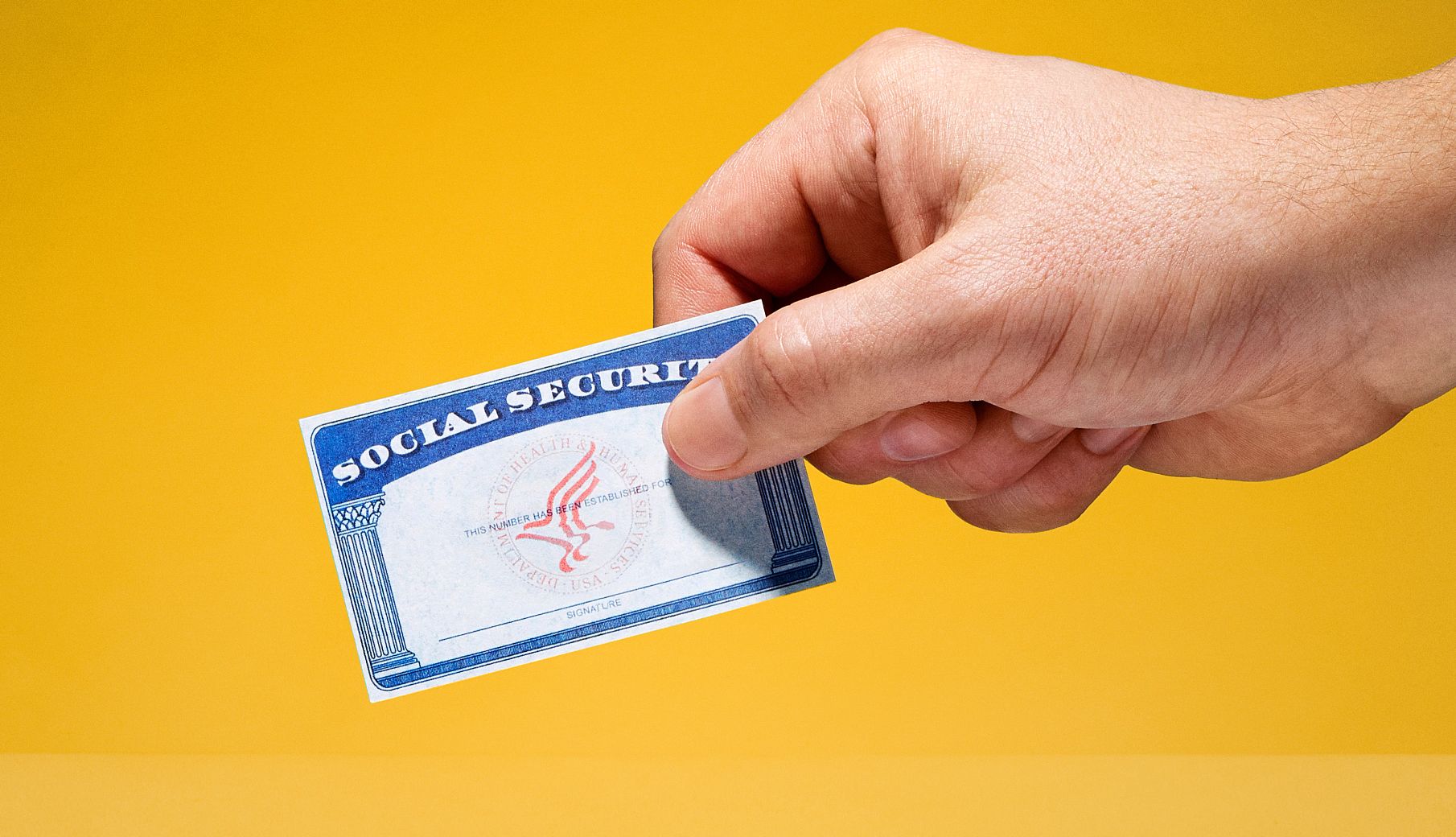
- Select a language for the TTS:
- UK English Female
- UK English Male
- US English Female
- US English Male
- Australian Female
- Australian Male
- Language selected: (auto detect) - EN
Play all audios:
The Social Security Administration (SSA) doesn’t make payment errors often — less than 1 percent of the time, according to agency data. But when it does pay a beneficiary more than they’re
entitled to receive, the SSA is legally required to get the money back. For some beneficiaries, that could soon mean temporarily losing their entire Social Security income. The SSA announced
on March 7 that it is resuming a past practice of withholding 100 percent of benefits from people it determines were previously overpaid until the debt is repaid. That reverses a policy put
in place last year to cap the repayment rate at 10 percent of the affected person’s monthly payment. The new policy takes effect March 27. From that date, beneficiaries determined to have
been overpaid “will automatically be placed in full recovery at a rate of 100 percent of the Social Security payment” until the overage is recouped, the SSA says. The 10 percent rate will
still hold for recipients whose overpayments predate March 27. The change in the withholding rate applies to retirement benefits, survivor benefits, family benefits and Social Security
Disability Insurance (SSDI). People collecting Supplemental Security Income (SSI) will remain subject to the 10 percent cap. The SSA estimates the policy change will increase overpayment
recoveries by $7 billion over the next decade. JOIN OUR FIGHT TO PROTECT SOCIAL SECURITY Sign up to be an AARP activist and tell your lawmakers to protect Social Security for the hardworking
Americans who have earned it. Learn more about how AARP is safeguarding Social Security so it remains strong. “We have the significant responsibility to be good stewards of the [Social
Security] trust funds for the American people,” SSA Acting Commissioner Leland Dudek said in a statement. “It is our duty to revise the overpayment repayment policy back to full
withholding.” OVERPAYMENTS RARE Beneficiaries who receive an overpayment notice can appeal or seek a waiver of the debt if they do not believe the error was their fault or do not have the
means to repay it. Withholding will not begin until at least 30 days after the notice date and will not occur while an appeal or waiver is being considered. The SSA has an overpayments fact
sheet with more information. According to a July 2024 report from the SSA’s Office of the Inspector General (OIG), the SSA made approximately $71.8 billion in “improper” payments, most of
them overpayments, in federal fiscal years 2015 through 2022. That’s out of nearly $8.6 trillion in benefit payments during that period, for a 0.84 percent error rate. Errors are more
prevalent in SSDI and SSI, the two Social Security-administered programs that serve people with disabilities. Eligibility for disability benefits and payment amounts can change
month-to-month due to strict limits on how much beneficiaries can earn from work (and, in the case of SSI, complicated rules on other income, assets and living arrangements).








:max_bytes(150000):strip_icc():focal(319x0:321x2)/people_social_image-60e0c8af9eb14624a5b55f2c29dbe25b.png)
